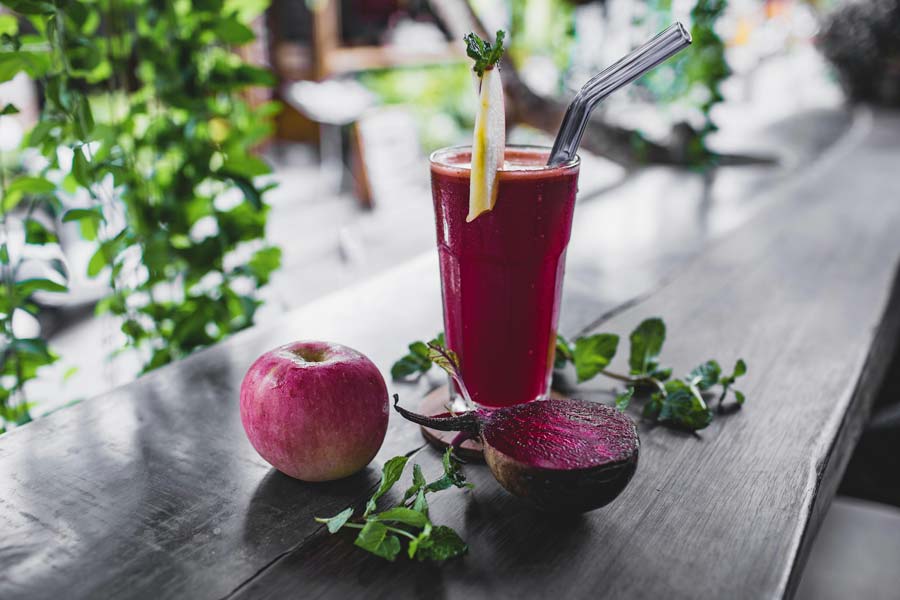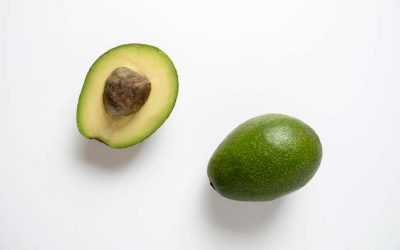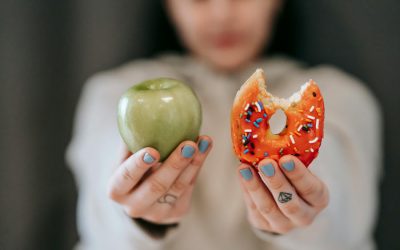Why the cholesterol conversation isn’t over – and how beetroot could help your heart.
After last week’s newsletter on cholesterol and statins, I wasn’t sure how people would respond. But the inbox spoke volumes. Again and again, your stories reflected the same frustrations: confusion around testing, pressure to take medication, and disbelief at how deeply ingrained the cholesterol narrative still is.
Take this message from Mr Platt:
“I have high cholesterol, but have kept away from statins. I’ve had tests, an angiogram amongst others, and have no concerns over my heart health, but I still get pressurised into taking statins. I also had a PLAQ test (privately) that showed moderate plaque, and asked why this isn’t used by the NHS to assess risk more clearly. Sadly, I’m not a medical professional, so my view doesn’t count.”
That last line says it all. The system too often dismisses personal insight or alternative approaches – even when there’s good reason to pause and ask deeper questions.
It’s this disconnect between lived experience and policy that so many of you are rightly pushing back against. I’ve now heard from dozens of readers who’ve either experienced unpleasant statin side effects or been told, despite good overall cardiovascular markers, that a statin is “non-negotiable.” That’s why we’ll continue this conversation.
And it’s why we’ll also be shifting the focus slightly in the coming weeks, from cholesterol itself to cardiovascular and general health. Because it’s not all about numbers on a blood test, it’s about real-world risk, diet, lifestyle, inflammation, nitric oxide levels, stress, mineral balance… and so much more.
We’ll begin with new research on beetroot that has uncovered some interesting findings.
Older Hearts and Beetroot:
What New Research is Showing
One promising area of that bigger picture is nitric oxide – a molecule the body produces to relax blood vessels, improve blood flow and maintain healthy blood pressure. It’s why beetroot, naturally rich in nitrates, has become popular in circulatory support.
But now, a new clinical trial published in Free Radical Biology and Medicine suggests something even more interesting: older adults may respond better to beetroot juice than younger adults.
In the study, researchers gave participants either a nitrate-rich beetroot juice or a nitrate-depleted placebo for six weeks. The aim was to see how age and the oral microbiome influence the body’s response to dietary nitrates, particularly in relation to blood pressure and nitric oxide production.
Surprisingly, only the older adults (aged 60–75) showed significant improvements. Their blood pressure dropped, and their levels of circulating plasma nitrite – a key nitric oxide marker – increased. In contrast, the younger group (aged 18–40) didn’t experience the same benefits.
Why does this matter? It turns out that the oral microbiome – the community of bacteria in the mouth that helps convert dietary nitrate into nitric oxide – may become more active or more responsive as we age. This compensates for the natural decline in nitric oxide production that occurs over time. It’s a rare case where ageing might actually enhance our ability to benefit from a natural intervention.
So instead of being a disadvantage, your age could mean you’re better equipped to benefit from something as simple as beetroot.
Final Thoughts
Stories like Mr Platt’s remind us that there is no one-size-fits-all when it comes to heart health, and no reason to unthinkingly follow a prescription without context. Yes, cholesterol matters. But so do many other factors, from inflammation and blood vessel health to nutrient status and circulation.
The beetroot study offers a hopeful message: that natural compounds can work with the body, not against it, and that ageing doesn’t always mean decline. In some cases, it may even sharpen the response to targeted nutrition.
If you would like to read more on lowering blood pressure naturally through diet and lifestyle, you’ll find a full article here: Lower Blood Pressure Naturally with Heart-Healthy Diet & Lifestyle Tips.
Small changes can make a big difference – especially when we work with the body, not against it.




